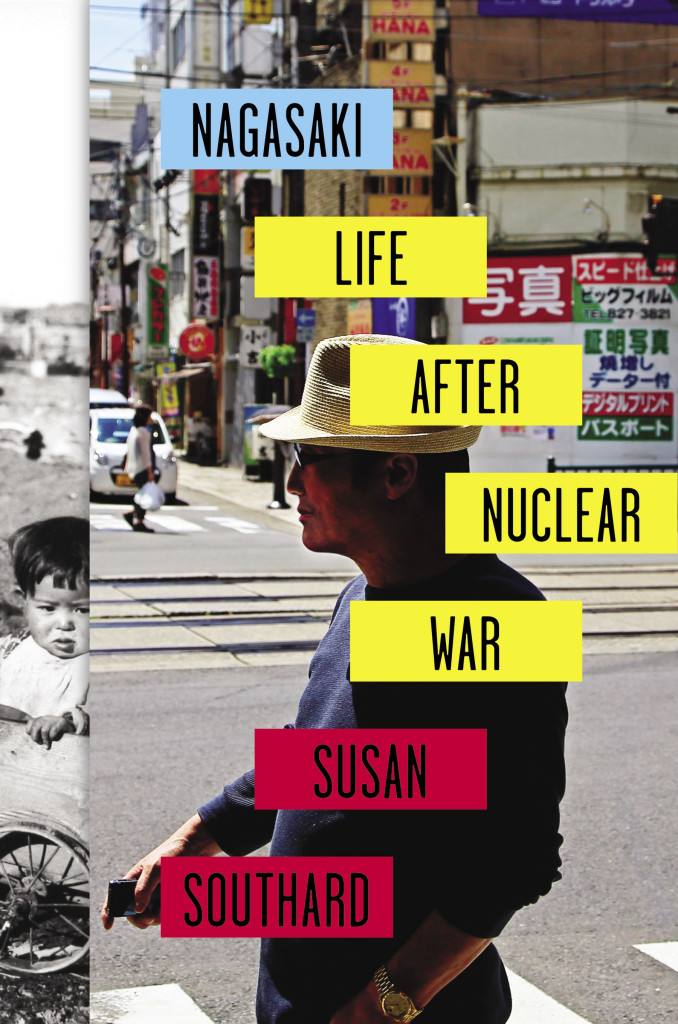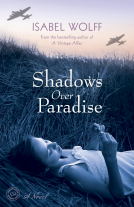Every artifact has a story behind it, be it a stone jug from the Prehistoric Age or the mummified remains as the last vestiges of the lost city of Pompeii. The study of antiquities can be left to archeologists, but curiosity can inspire all of us to muse about the lives that were touched by the relic that has survived.
In Jillian Cantor’s achingly beautiful new novel The Lost Letter, it is a unique engraved stamp from World War II Austria that prompts a quest for answers.
 The Lost Letter
The Lost Letter
The action shifts from the late 1980s in Los Angeles to the late 1930s in Austria.
Katie is a freelance writer whose life has come undone. Her father is suffering from dementia and has moved into a nursing home. His care has required her full-time attention, and in the midst of this crisis her husband decides to leave her. She puts her emotions on hold while she devotes herself to her father’s care as he drifts in and out of senility.
Katie attempts to simplify his life by sorting through his belongings. An avid philatelist (stamp collector) his entire life, her father has left his cherished collection to her but she has no interest in keeping it. She locates a local stamp appraiser and makes an appointment to see him. Could there be something of value there? Or is the collection simply another thing for her to dispose of?
The appraiser contacts her in a few days. He has found an unusual stamp, one he has never seen before, on an unopened letter in the collection. Who was the recipient, and why was the letter never delivered? He wants to research this further and has Katie’s consent.
However, in a lucid moment, Katie’s father is apoplectic when she tells him she has given the collection away, but he can’t verbalize exactly why.
The story shifts to the earlier time, just as World War II is spreading across Europe. Austria has just been occupied by Germany, and the plight of Jewish families becomes extremely grim. Frederick Faber is a renowned stamp engraver with a family and a beautiful home, but as the Nazis move closer to his town destroying everything in its path, the family prepares to flee. Faber’s apprentice Kristoff, an artist struggling to learn the fine craft of stamp engraving, is not Jewish and therefore not in imminent danger. Deeply devoted to the family, he promises Faber to take care of the home and business.
Before he flees, Faber is instrumental in forging the resistance to the Nazis through his craft and responsible for evacuating many Jews to safety.
As the tension grows, the intertwining of both stories culminates in a stunning conclusion.
The Lost Letter is a story of resilience, love, and triumph. Cantor is a historical fiction writer extraordinaire, her characters seem real and relatable, and the dual timeline works seamlessly as the two threads ultimately converge. The intertwining of both stories connects a time of persecution to a future in which survivors have prevailed.
The Lost Letter is receiving critical praise, including being named as Amazon’s Best Book of the Month. It would go on my Best of the Year as well.
And now I am off to look through my husband’s stamp collection.
One of my lucky readers will receive a copy of The Lost Letter. Please leave a comment below and a winner will be randomly selected. USA addresses only, please.
I received a copy of The Lost Letter from Riverhead Books for an honest review,
which is the only kind of review I write.















